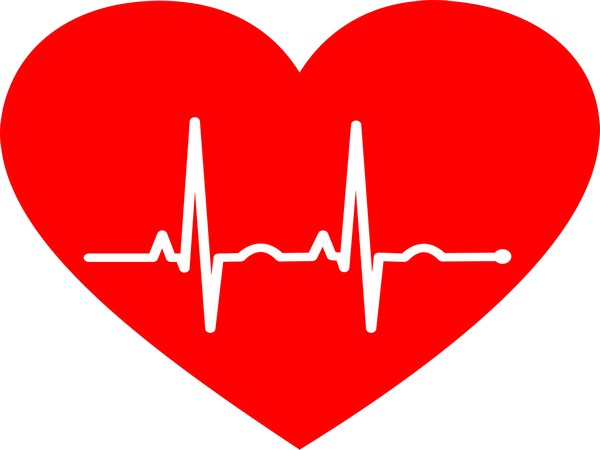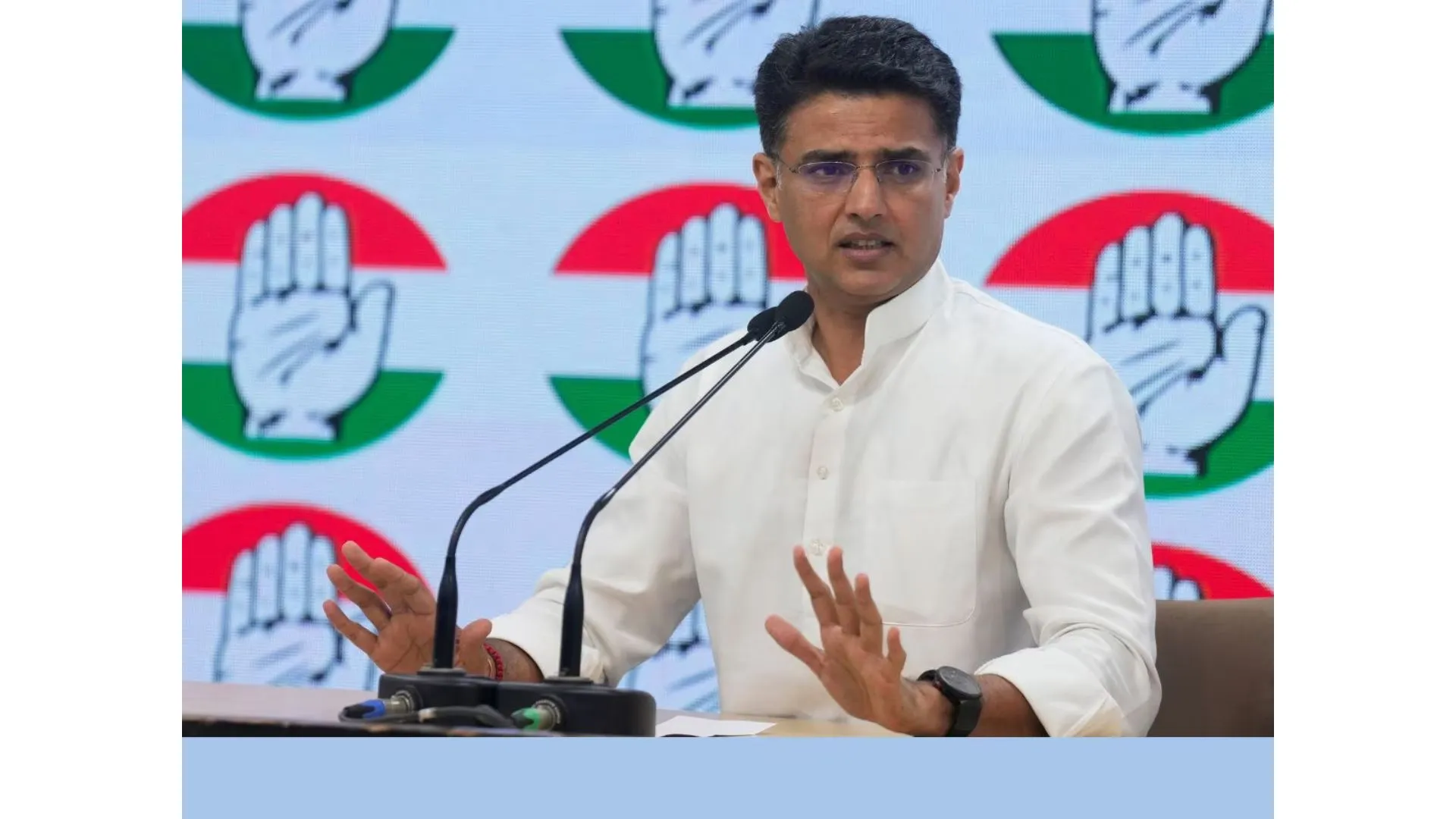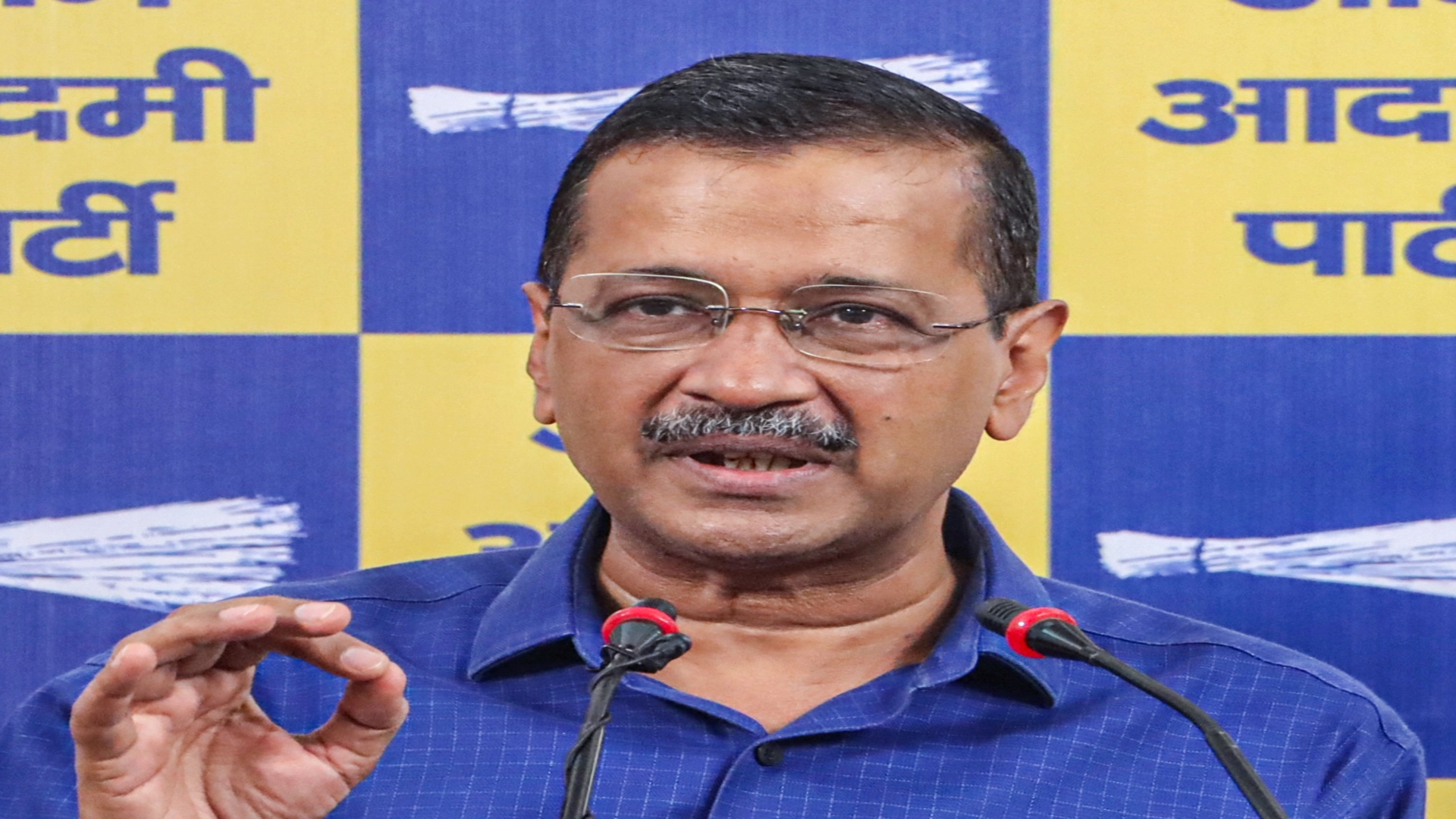Washington [US], March 12 (ANI): Chest pain is misdiagnosed in women more frequently than in men, according to new research. The study also found that women with chest pain were more likely than men to wait over 12 hours before seeking medical help.
The research was presented today at ESC Acute Cardiovascular Care 2021, an online scientific congress of the European Society of Cardiology (ESC).
“Our findings suggest a gender gap in the first evaluation of chest pain, with the likelihood of heart attack being underestimated in women,” said study author Dr Gemma Martinez-Nadal of the Hospital Clinic of Barcelona, Spain. “The low suspicion of heart attack occurs in both women themselves and in physicians, leading to higher risks of late diagnosis and misdiagnosis.”
This study examined gender differences in the presentation, diagnosis, and management of patients admitted with chest pain to the chest pain unit of an emergency department between 2008 and 2019. Information was collected on risk factors for a heart attack including high blood pressure and obesity. The researchers recorded the physician’s initial diagnosis after the first evaluation of each patient, which is based on clinical history, physical examination, and an electrocardiogram (ECG) and occurs before other examinations like blood tests.
“We had the first impression of the doctor as to whether the chest pain had a coronary cause or another origin such as anxiety or a musculoskeletal complaint,” explained Dr Martinez-Nadal.
A total of 41,828 patients with chest pain were included, of which 42 per cent were women. The median age was 65 years in women and 59 years in men. Women were significantly more likely to present late to the hospital (defined as waiting 12 hours or longer after symptom onset): this occurred in 41% of women compared to 37 per cent of men.
“This is worrying since chest pain is the main symptom of reduced blood flow to the heart (ischaemia) because an artery has narrowed,” said Dr Martinez-Nadal. “It can lead to a myocardial infarction which needs rapid treatment.”
In the physician’s initial diagnosis, the acute coronary syndrome was more likely to be considered the cause of chest pain in men compared to women. Specifically, in 93 per cent of patients, the ECG did not provide a definitive diagnosis. In those patients, the doctor noted a probable acute coronary syndrome (ACS) in 42 per cent of cases – when analysed according to gender, probable ACS was noted in 39 per cent of women and 44.5 per cent of men (p<0.001). The significantly lower suspicion of ACS in females was maintained regardless of the number of risk factors or the presence of typical chest pain.
Dr Martinez-Nadal said: “In the doctor’s first impression, women were more likely than men to be suspected of a non-ischaemic problem. Risk factors like hypertension and smoking should instil a higher suspicion of possible ischaemia in patients with chest pain. But we observed that women with risk factors were still less likely than men to be classified as ‘probable ischaemia’.”
In women, 5 per cent of ACS were initially misdiagnosed, whereas, in men, 3 per cent of ACS were initially misdiagnosed (p<0.001). After multivariate analysis, the female gender was an independent risk factor for an initial impression of non-ACS.
Dr. Martinez-Nadal said: “Heart attack has traditionally been considered a male disease, and has been understudied, underdiagnosed, and undertreated in women, who may attribute symptoms to stress or anxiety. Both women and men with chest pain should seek medical help urgently.” (ANI)

















